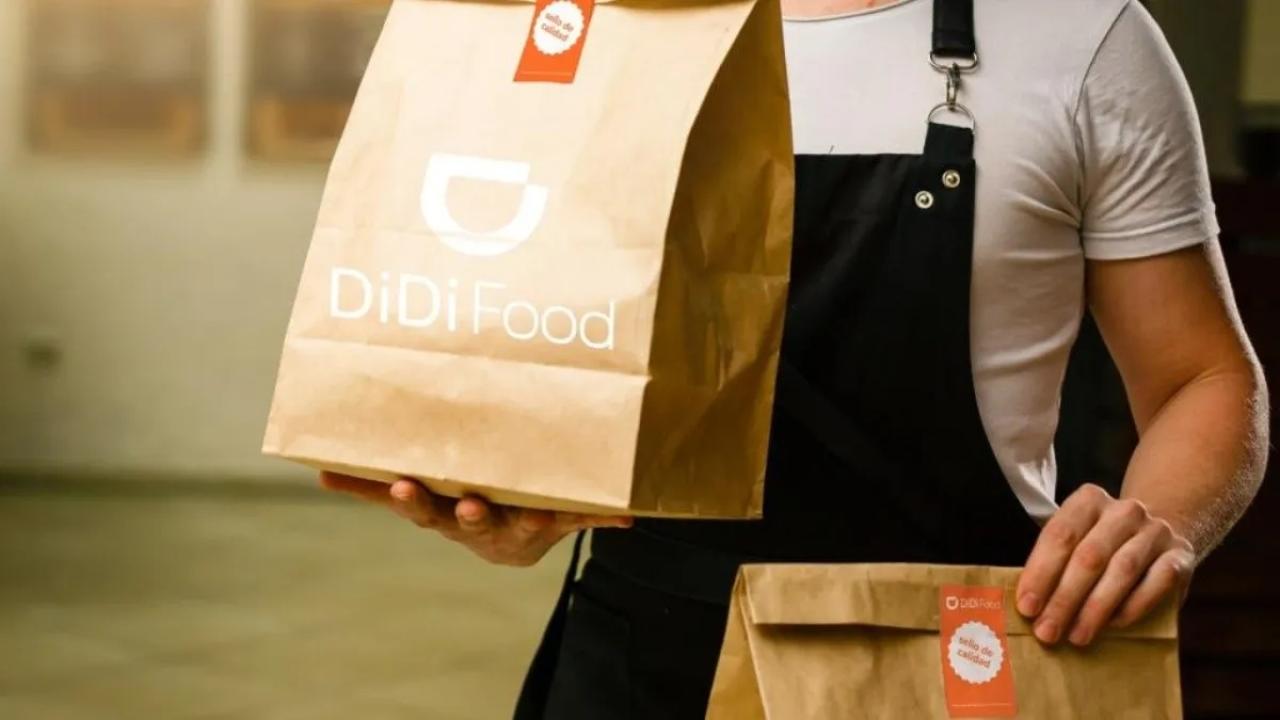
After a year, Chile becomes the second country in Latin America where DiDi dispenses with its food delivery service.
The food delivery application (delivery), DiDi Food, belonging to the Chinese mobility company DiDi, announced that it is withdrawing from Chile, leaving only its service for transporting people and goods.
Through an email sent to the mailboxes of its users, the company commented that “after a period of analysis; and with the aim of continuing to provide the best service to Chileans, DiDi has decided to focus its resources on strengthening the value proposition of mobility services and deactivate the DiDi Food application in Chile on August 7."
With this, the application barely managed to be in force for a little more than a year in Chile, compared to its closest competitors such as Uber Eats, PedidosYa or Rappi, who, although they continue operating, have had to suffer cuts to their workforce.
In their statement they thanked the locals, delivery drivers and diners who made use of their platform: "more than 7 thousand restaurants trusted us to digitize their businesses and generate additional sales channels, thanks to the delivery users in Chile who visited more than 9 million kilometers to deliver warm food to the door of the more than 600 thousand diner users who enjoyed more than 98 thousand delicious dishes (...) But above all, thank you Chile for being part of this journey and letting us try and share a little of its wonderful gastronomy".
They also expressed that their products DiDi Express, DiDi Taxi and DiDi Entrega, which will continue to work.
“We are confident that our mobility services will continue to have a positive impact on the lives of people in the region. All active users will be able to continue using their account in the mobility app, as well as the credit in their wallets; Refunds will also be available,” they added.
QUICK COMMERCE CRISIS
This has not been the best year for DiDi's operations in Latin America.
In January of this year, the Chinese company cut staff in Brazil, Mexico, Peru and Chile. In the latter country, company authorities already confirmed a critical situation.
"As we strive to achieve greater efficiency and offer good value for money to our users, we have made the difficult decision to say goodbye to a small part of our team in Chile," stated Francisca González, director of DiDi Cono Sur communications for DF Sud.
However, it was in Brazil where the most radical measures were taken.
There, DiDi operates together with the local company 99 Taxi and was forced to cancel the 99Food service: the business line focused on food delivery and distribution. At that time, the company expressed that the decision did not reflect the operation in the six countries with DiDiFood service in Latin America.
Other quick commerce applications have been forced to do without other markets. This is the case of Jokr, which completely withdrew from Colombia at the end of 2022 to focus on the markets of Brazil, Mexico and Peru. For its part, DiDi Food registered an 8.5% share in the Colombian market in November 2022.
The Chinese firm was well below Rappi, which closed that month with a 53.7% market share. Victoria Méndez, CEO of GIG Latam, declared to the Colombian media La República that Rappi's regional leadership is due to the fact that since 2016 it has injected "too much capital towards the consumer and the results." This strategy allowed it to seal exclusivity agreements with several chains, which closed the market to new competitors.









